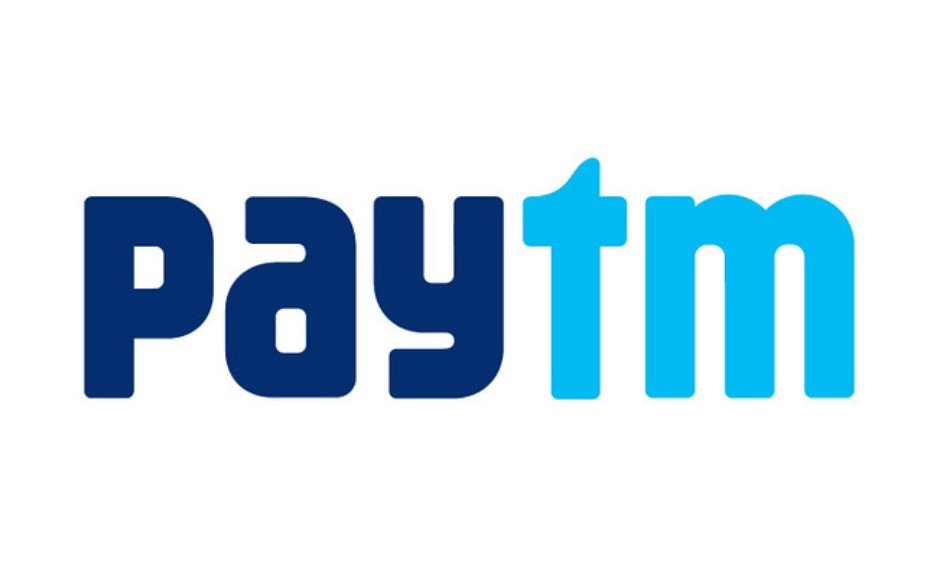Shares of Paytm, India’s largest digital payments company, fell sharply on Thursday, after the Reserve Bank of India (RBI) imposed severe restrictions on its affiliate Paytm Payments Bank, citing regulatory violations and security concerns.
RBI’s Action Against Paytm Payments Bank
The RBI, India’s central bank and banking regulator, issued a directive on Wednesday, ordering Paytm Payments Bank to stop taking new customers, offering credit transactions, and enabling fund transfers, including through the Unified Payments Interface (UPI), a popular digital payment system in India. The RBI also asked Paytm and Paytm Payments Bank to close their nodal accounts, which are used to settle transactions with other banks.
The RBI said that its action was based on an audit report, which revealed “persistent” non-compliance and “continued material supervisory concerns” with Paytm Payments Bank’s operations and governance. The RBI did not specify the nature or extent of the violations, but said that they warranted “immediate corrective action”.
The RBI’s action effectively cripples Paytm Payments Bank, which is a key component of Paytm’s business model and ecosystem. Paytm Payments Bank, which was launched in 2017, is a type of bank that can offer basic banking services, such as deposits, withdrawals, and payments, but cannot lend money or issue credit cards. Paytm Payments Bank has more than 330 million wallet accounts and 30 million bank accounts, and processes transactions for Paytm’s customers and merchants.

Paytm’s Reaction and Plan
Paytm, which is formally known as One97 Communications, said in a stock exchange filing on Thursday that it will comply with the RBI’s directive, and that it will terminate its business relationship with Paytm Payments Bank by November 2024. Paytm said that it will transfer its nodal accounts to other banks, and that it will continue to offer payment solutions to its existing online and offline merchants.
Paytm also said that it expects its loan distribution, insurance distribution, and equity broking businesses to be unaffected by the RBI’s action, as they have no relation to Paytm Payments Bank. Paytm said that it expects a revenue loss of $36 million to $60 million per year in a “worst-case scenario”, which is less than 1% of its total revenue.
Paytm said that it will focus on expanding its payments and financial services in partnership with other banks, and that it will work with the RBI to resolve the issues and concerns. Paytm also assured its customers and merchants that their money and data are safe and secure, and that they can continue to use Paytm’s services without any disruption.
Paytm’s Stock Performance and Outlook
Paytm’s stock price fell by 20% on Thursday, hitting the lower circuit limit of Rs 609, the lowest since its listing in November 2023. Paytm’s market capitalization dropped by more than $4 billion, to $16 billion, which is less than half of its peak value of $34 billion.
Paytm’s stock performance has been disappointing since its initial public offering (IPO), which was the largest in India’s history, raising $2.5 billion. Paytm’s IPO was priced at Rs 2,150 per share, but the stock opened at Rs 1,955 on its debut day, and has been declining ever since, amid concerns over its profitability, growth, and competition.
Paytm, which was founded in 2010 by Vijay Shekhar Sharma, is India’s leading digital payments company, with more than 330 million users and 21 million merchants. Paytm offers a range of services, such as mobile wallets, UPI, QR codes, cards, e-commerce, gaming, cloud, and entertainment. Paytm also provides financial products, such as loans, insurance, mutual funds, and stock trading, through its subsidiaries and partners.
Paytm faces intense competition from other players in the digital payments space, such as Google Pay, PhonePe, Amazon Pay, and WhatsApp Pay, as well as from traditional banks and fintech startups. Paytm also faces regulatory challenges and uncertainties, as the Indian government and the RBI seek to regulate and monitor the digital payments industry, and protect the interests and rights of the customers and the stakeholders.
Paytm’s future prospects will depend on its ability to overcome the current crisis, restore its reputation and credibility, and regain the trust and confidence of its customers and merchants. Paytm will also have to innovate and diversify its products and services, and improve its profitability and growth, to compete and succeed in the dynamic and competitive digital payments market.
